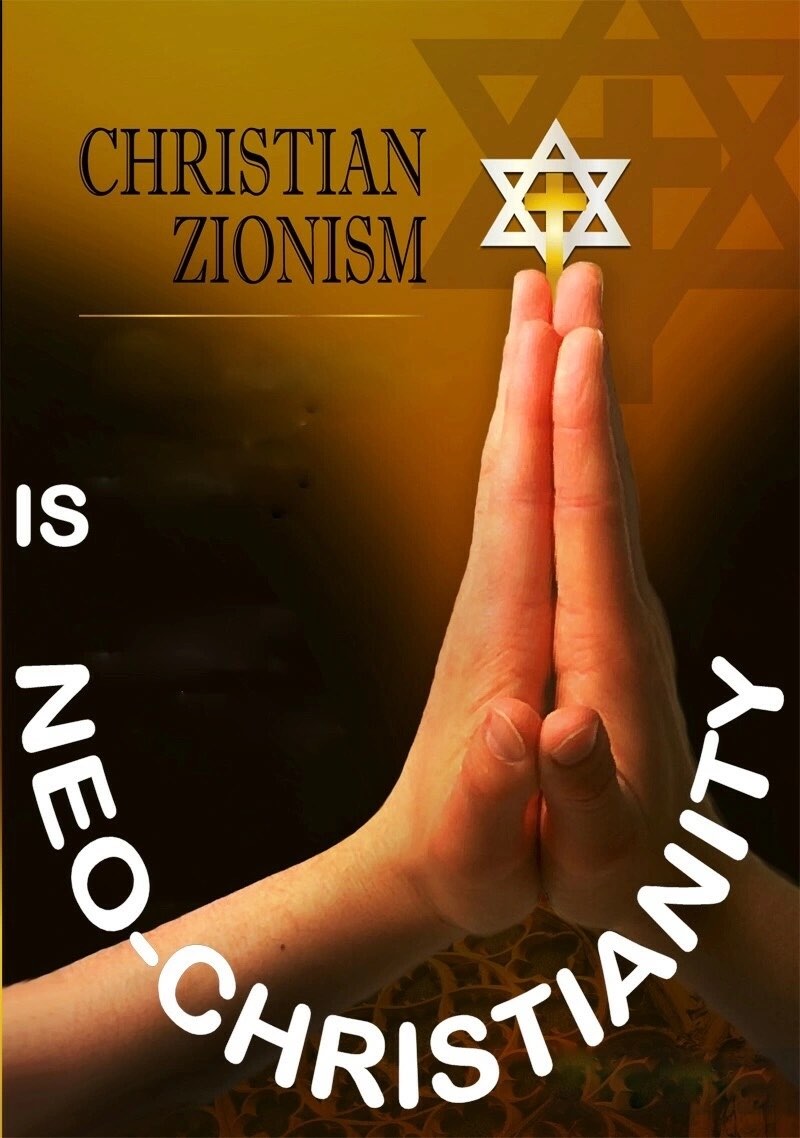Jesus says in Matthew 8, verses 11 to 12:
I tell you that many people from the east and the west (referring to Gentiles) will come and join Abraham, Isaac, and Jacob in the kingdom of heaven for a feast.
"But the citizens of the kingdom (referring to the Jewish nation) will be cast out into darkness, where there will be crying and grinding of teeth."
Some believe many modern Christians support the Zionist ideology because of Paul's statement in Romans 11 verse 28, which contradicts the statement of Jesus in Matthew 8 verse 12. How is this interpretation explained?
The interpretation that many modern Christians support Zionist ideology based on Paul's statement in Romans 11 verse 28, despite the apparent contradiction with Jesus' statement in Matthew 8 verse 12, is a viewpoint held by some proponents of Christian Zionism. Here is how this interpretation is explained:
In Romans 11 verse 28, Paul writes, "As regards the gospel, they (the Jews) are enemies for your sake. But as regards election, they are beloved for the sake of their forefathers." Christian Zionists argue that this verse indicates that, despite the rejection of Jesus by some Jews, God's covenantal love for the Jewish people and His promises to them are irrevocable.
They interpret this verse as a testament to the ongoing significance of the Jewish people in God's plan and the fulfillment of His promises to Israel. Christian Zionists believe that the establishment of the modern state of Israel is a manifestation of God's faithfulness to His covenant with the Jewish people.
Regarding the apparent contradiction with Jesus' statement in Matthew 8 verse 12, Christian Zionists argue that Jesus' words were specific to a particular context and time. They contend that Jesus was addressing the religious leaders of His day who rejected Him, rather than making a sweeping statement about the entire Jewish people. They maintain that Paul's teachings in Romans 11 provide a broader perspective on God's enduring love for the Jewish people.
It is important to note that not all Christians interpret these verses in the same way, and there are varying theological perspectives on the relationship between Christianity and Zionism. These interpretations are subject to debate and can differ among individuals and Christian denominations.



